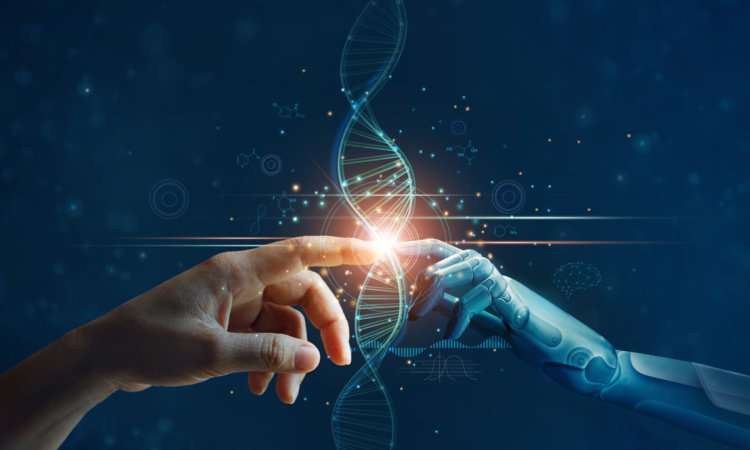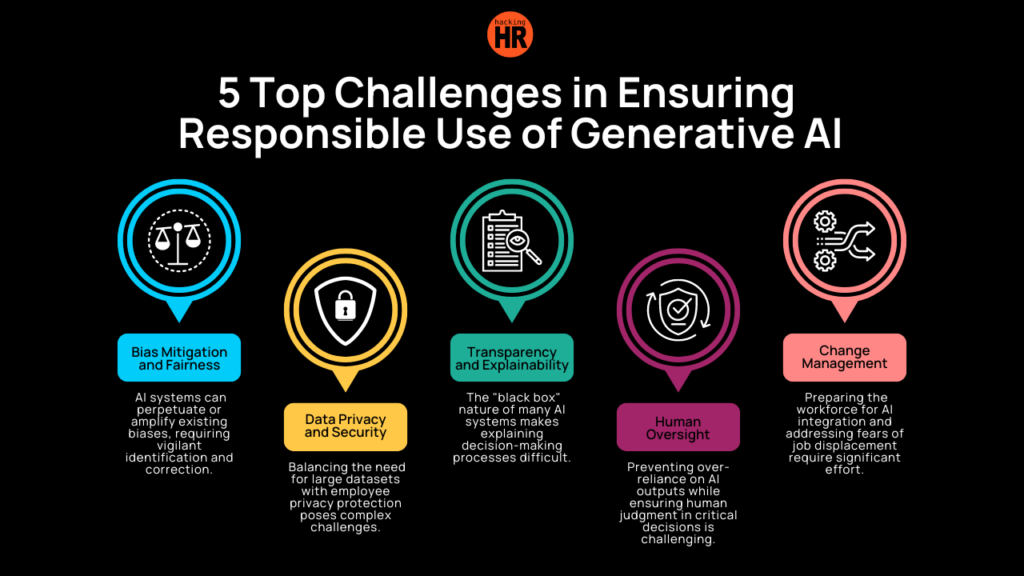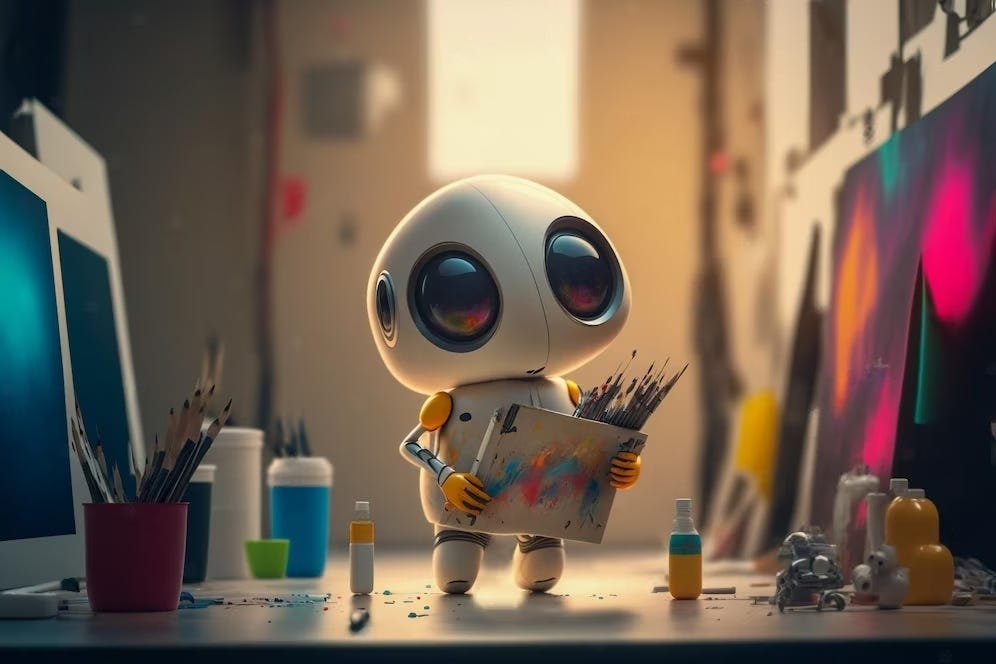The Future of AI: Transforming Creativity and Innovation

Artificial Intelligence (AI) is rapidly transforming various industries, and its impact on creativity is particularly fascinating. As we delve into 2025, AI has reached new heights, showcasing its ability to not only analyze data but also create art, music, and even literature. This blog explores the latest advancements in AI technology and its implications for the future.
Significant Role of AI in Human Life
AI is playing a significant role in enhancing various aspects of human life. In daily tasks, AI-powered virtual assistants help with scheduling, reminders, and managing emails, making our routines more efficient. In healthcare. AI systems analyze medical data to assist doctors in diagnosing diseases and personalizing treatment plans.
In education, AI tools provide personalized learning experiences, adapting to individual student needs and helping them grasp complex concepts.
Moreover, in industries like finance, AI algorithms analyze market trends and assist in making investment decisions. Overall, AI is streamlining processes, improving decision-making, and allowing us to focus on more creative and strategic tasks, ultimately enriching our lives.
AI in Art Creation

One of the most exciting developments in AI is its ability to create stunning visual art. Tools like DALL-E and Midjourney are revolutionizing how we think about creativity. These AI systems can generate images based on textual descriptions, allowing artists and designers to explore new ideas and concepts. This fusion of technology and creativity is leading to unique collaborations where human artists work alongside AI to produce innovative pieces that challenge traditional notions of authorship.
AI in Music Composition

AI isn’t just limited to visual arts; it’s also making waves in the music industry. Programs like OpenAI’s MuseNet and AIVA can compose original music across various genres. These tools analyze existing compositions to understand patterns and styles, enabling them to create new melodies. Musicians are using these AI systems to inspire their work, creating a new genre of music that blends human emotion with machine-generated sounds.
The Ethical Implications of AI Creativity

As AI continues to evolve, it raises important ethical questions. Who owns the rights to AI-generated art or music? How do we ensure that AI complements rather than replaces human creativity? These discussions are crucial as we navigate this new landscape. Industry leaders and ethicists are calling for clear guidelines and policies to address these concerns, ensuring that the benefits of AI are shared equitably.

Conclusion
The advancements in AI technology are reshaping the creative landscape. From generating art and music to sparking new ideas, AI is proving to be a valuable tool for artists and innovators alike. As we move forward, it’s essential to embrace these changes while also considering the ethical implications of AI in the creative process.

Post Comment